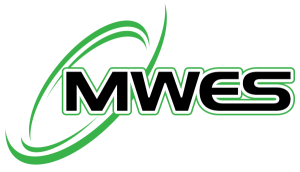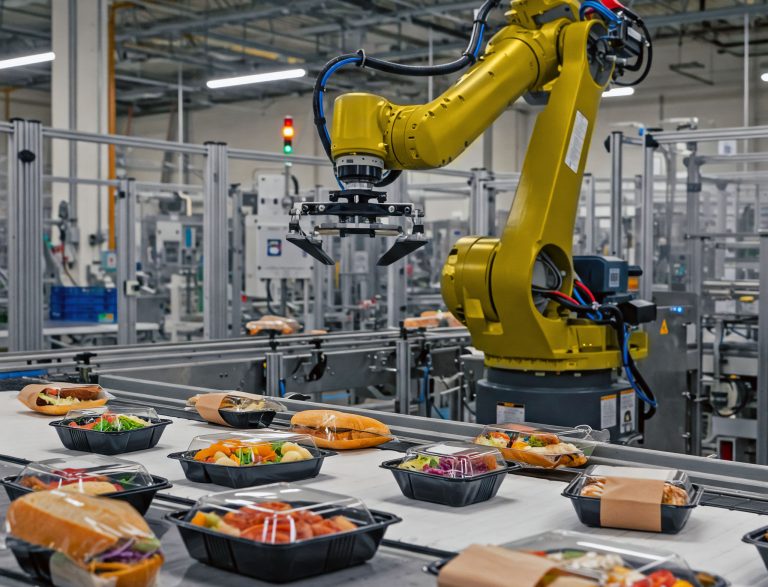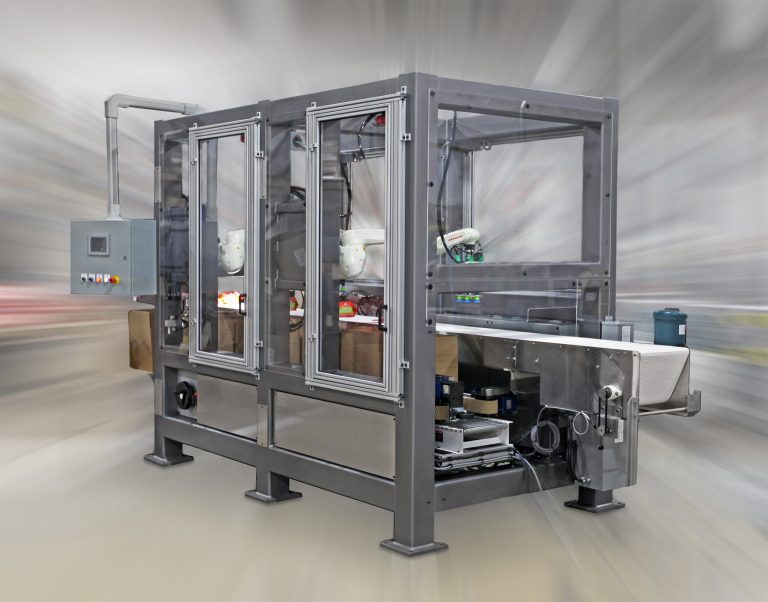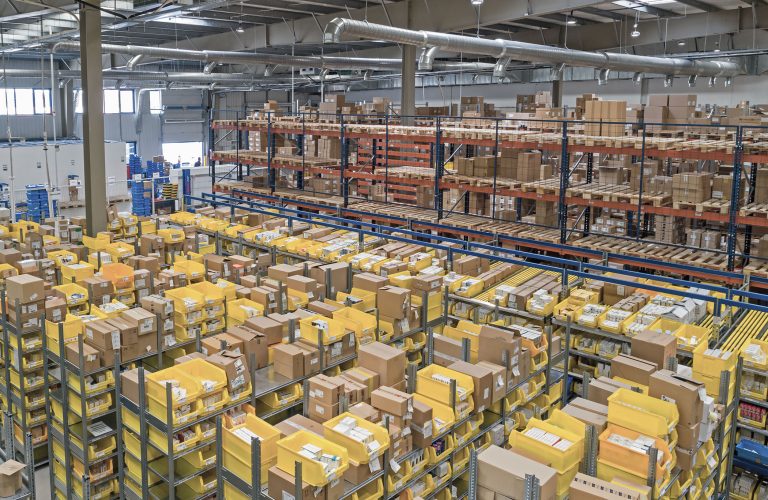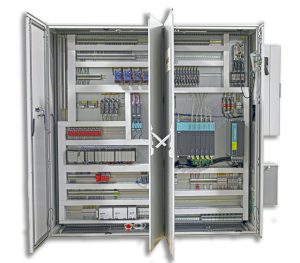
In the realm of industrial manufacturing, the rise of industrial automated control systems has been nothing short of revolutionary. These systems, which encompass a broad range of hardware and software, are designed to enhance automation efficiency, precision and reliability in various industrial processes. Without them, the automation we take for granted today would not be possible.
The recent advent of Industry 4.0 has further propelled the capabilities of automated control systems. By leveraging the Industrial Internet of Things (IIoT), big data and advanced analytics, modern automated control systems can now predict maintenance needs, adapt to changing conditions and even self-optimize to improve production outcomes.
The Impact on Manufacturing
The impact of automated control systems on the manufacturing sector has been profound. They have enabled manufacturers to reduce downtime, minimize errors and increase throughput, all while maintaining high safety standards. This has not only led to cost savings but also allowed businesses to be more competitive on a global scale.
Where once industrial control systems were exclusive to the automotive industry, they have made their way into every facet of industrial automation. They control and monitor conveyor systems, robots, machinery and other applications that are required in manufacturing.
The Types of Automated Control Systems
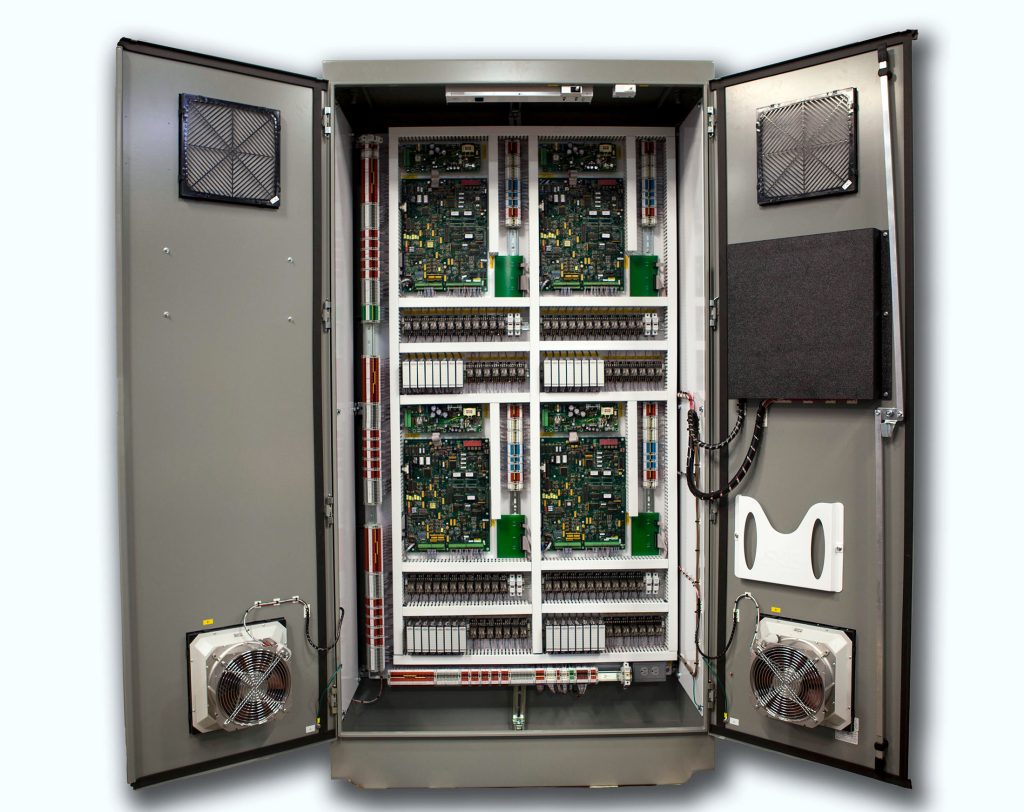
Automated control systems are integral to the efficient and safe operation of industrial processes. They vary in complexity and size and are chosen based on the specific needs of the industry and the process to be controlled. As technology advances, these systems are becoming more interconnected, leading to the development of the Industrial Internet of Things, which further enhances productivity and monitoring capabilities.
At the heart of any industrial automated control system lies the programmable logic controller (PLC), a specialized industrial computer that executes control functions based on pre-programmed instructions. PLCs are pivotal in automating complex tasks, from assembly lines to industrial robots, ensuring consistent monitoring and performance.
In conjunction with PLCs, there are supervisory control and data acquisition (SCADA) systems that collect and analyze data in real-time from remote locations. SCADA systems are often used in industries where processes are spread over large areas, such as utilities.
Lastly, distributed control systems (DCS) are used to control production systems within a local area, such as a manufacturing facility or large warehouse. DCS consists of a central control system that communicates with several distributed controllers throughout the facility.
Where do we go from here?
Industrial automated control systems represent a critical juncture in manufacturing history. They embody the seamless blend of technology and industry, propelling us toward a future where smart factories are not just a concept but a global standard. As we look to the future, it’s clear that industrial automated control systems will continue to evolve. With advancements in artificial intelligence and machine learning, these systems will become even more intuitive and autonomous, driving the next wave of industrial innovation.
Midwest Engineered Systems has been a leader in integrating automation systems since 1991. We have provided automation solutions to a wide range of industries. From robotic case packing systems to assembly line modernization to entirely robotic manufacturing processes, our solutions have brought our customers the throughput they need to stay competitive. Contact us today and speak with one of our application engineers to see how our services can revitalize your process.
